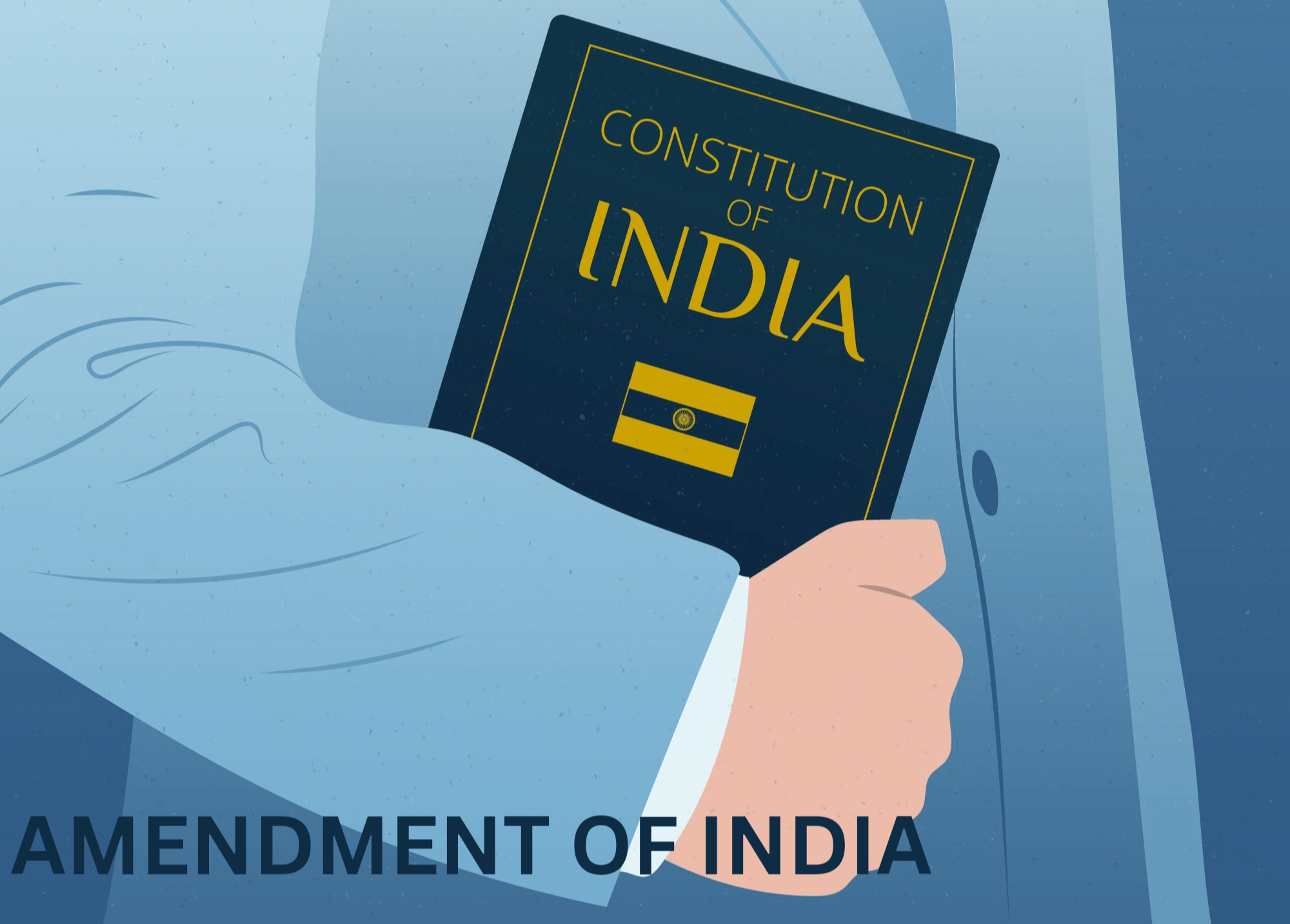Constitutions serve as the foundation of a country’s legal framework, defining the rights and responsibilities of its citizens, as well as the structure of its government. Over time, the need to adapt to evolving societal norms, technological advancements, and unforeseen challenges has led to the introduction of constitutional amendments. These amendments reflect the changing needs of modern society and play a crucial role in shaping the course of nations. In this article, we’ll delve into the profound impact of constitutional amendments on modern society.
Evolution of Constitutions
From ancient civilizations to contemporary nations, constitutions have evolved to reflect the changing needs of societies. Early constitutions often focused on delineating the powers of monarchs or rulers. In contrast, modern constitutions[1] emphasize democratic principles and individual rights.
Reasons for Constitutional Amendments
Amendments are introduced for various reasons. Societal progress, legal gaps, and shifts in public opinion can necessitate changes. The amendment process ensures that a constitution remains relevant and adaptable.
Balancing Tradition and Progress
Constitutional amendments often spark debates between preserving traditions and embracing progress. Striking a balance is essential to maintain social cohesion while embracing positive change.
Social Equality and Civil Rights
Amendments have played a pivotal role in advancing social equality and civil rights. Historical examples include the abolition of slavery and granting voting rights to marginalized groups.
Technological Advancements and Privacy
The digital age has led to debates about privacy rights. Amendments addressing issues like data protection and surveillance aim to safeguard citizens’ privacy in an interconnected world.
Environmental Concerns and Sustainability
Modern constitutions are addressing environmental challenges through amendments. These amendments promote sustainability and empower governments to take action against climate change.
Globalization and International Relations
Globalization has prompted the need for constitutional adjustments to accommodate international treaties and agreements. Amendments help nations participate effectively in the global community.
Economic Policies and Welfare
Amendments related to economic policies impact citizens’ welfare. Provisions for fair trade, labor rights, and social safety nets can enhance the economic well-being of a society.
Challenges in Implementing Amendments
Implementing amendments can be complex. Resistance to change, administrative hurdles, and interpretation conflicts can hinder the effective execution of new provisions.
Public Awareness and Education
Amendments are most impactful when citizens understand their implications. Public awareness campaigns and educational initiatives are vital to ensure informed participation.
The Role of Judicial Interpretation
Courts play a critical role in interpreting the constitution and its amendments. Judicial review ensures that amendments are applied consistently and fairly.
The Political Landscape and Partisanship
Amendments can become contentious in politically divided societies. Partisan interests and ideological differences can influence the acceptance and implementation of amendments.
Future Trends in Constitutional Amendments
As society continues to evolve, future amendments might focus on emerging issues like AI ethics, biotechnology, and digital governance, shaping the legal landscape for generations to come.
Conclusion
Constitutional amendments are a testament to a nation’s ability to adapt and progress while upholding its core values. They reflect the dynamic relationship between governance and society, ensuring that the constitution remains a living document that resonates with the needs of modern times.
FAQs
Can amendments be repealed?
Yes, amendments can be repealed through a similar process used for their enactment.
Who proposes constitutional amendments?
Amendments can be proposed by legislators or through citizen initiatives, depending on the country’s constitution.
Do all countries have a constitution?
No, not all countries have a single, written constitution. Some rely on multiple legal documents or conventions.
What happens if an amendment contradicts the original constitution?
Courts often interpret conflicting provisions, aiming to uphold the constitution’s overall intent.
How long does it take for an amendment to become law?
The time frame varies, but it generally involves multiple stages of proposal, debate, and ratification.
